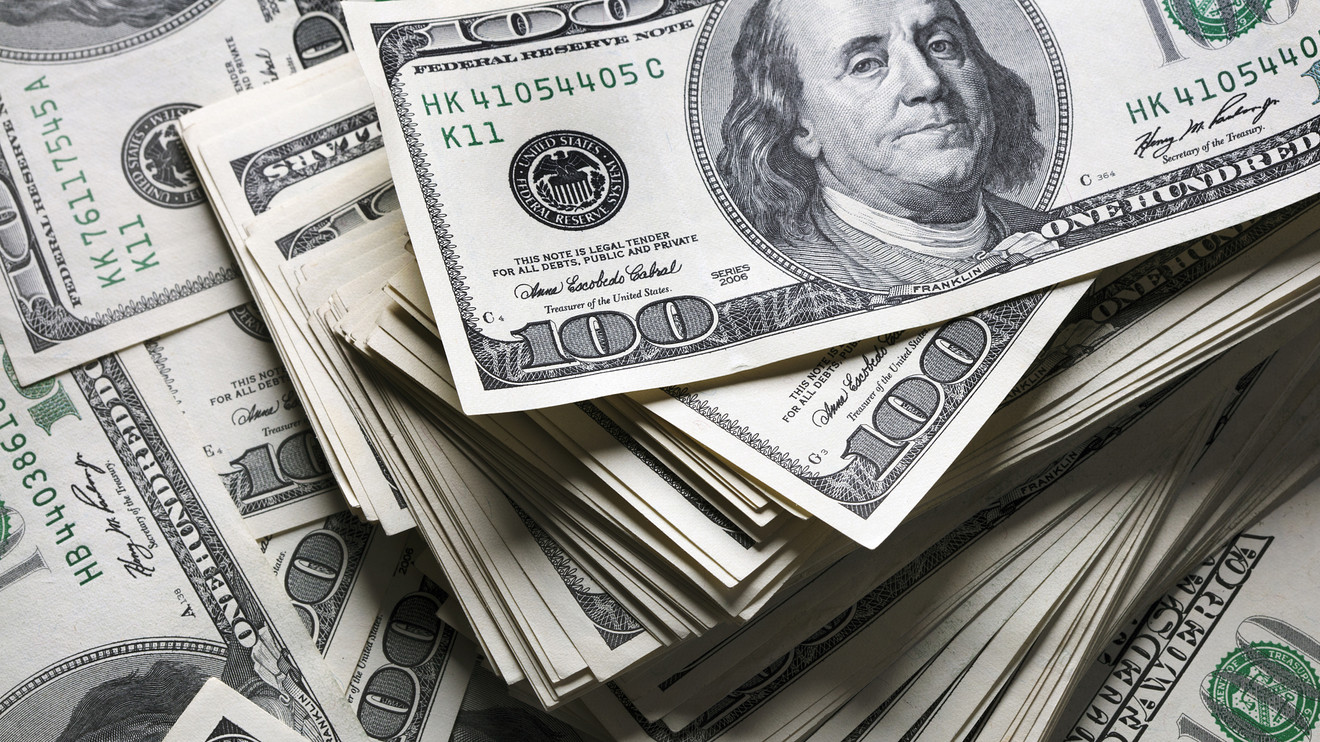As a high school student, conversations around the topic of money are not usually had with friends or family. Why is this? One big reason for this is because our education system in America places little importance on financial literacy in the classroom. Currently, only twenty one states in America require a personal finance course. If parents don’t discuss financial basics with their high school student either, then many are leaving high school without a foundational knowledge about money. This can be detrimental for many.
When I entered college, I didn’t know the difference between a debit card and credit card. I didn’t understand interest. I didn’t know why it was important to have a budget or savings account! Listen folks, my decisions would have looked very different had I known more about money.
In order to set yourself up for financial success in the future, take note of some important advice.
- Start a saving’s account while you are in high school! Time is a precious commodity. You have the time to start saving money while you are free from having to pay rent or bills. Maybe you babysit or lifeguard in the summer, and although it may not seem like a lot of money, at least it’s something. You will be happy you put that money aside one day.
- Do comparison shopping. Before opening that savings or checking account, research different banks to see which ones charge the least amount for routine monthly maintenance fees. Most banks charge you a fee for holding your money unless you maintain a certain balance throughout the month.
- Download a budget app like Mint or YNAB. Learning how to budget now will keep you on track when your financial responsibilities increase later.
- Don’t spend money you don’t have. Once you get your first credit card (you have to wait until you are 18), don’t use your credit card on purchases you won’t be able to pay off. The APR (annual percentage rate) for credit cards is usually VERY high. That means if you don’t pay your balance off in FULL each month, you will start accruing interest on the total balance. It’s simple- don’t spend money you don’t have. Use credit cards to build a good credit score.
- Build a good credit score. If you don’t pay the balances off on your credit cards, your credit score will go down. Your credit score is determined by many different factors, but the important thing to remember is this:
- Some employers do credit checks on potential hires
- Apartment complexes run a credit check on potential tenants
- Loan officers run a credit check to see if you are a high risk or not. This could affect whether or not you are approved for a high or low interest school, car, or home loan.
Your credit score will follow you EVERYWHERE!


